Welcome to Synchronized Chaos’ second May issue! This month many of the submissions focus on growth, healing, and change.
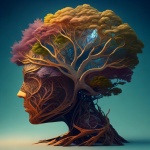
Beth Gulley’s poems draw us into nature’s continual motion and transformation.
Vernon Frazer’s pieces explode with color and sound, evoking the Big Bang, and Mark Young’s art presents ordered geographies of color and design.
In J.K. Durick’s poetry, we fly, fall, and lurch forward into the future. In Emina Delilovic-Krevic’s work, a young girl experiences the refreshing embrace of nature on a warm spring day, while Don Bormon evokes the rhythms of day and night and the renewal of sunshine in his cloud poetry.
Young writer Bahira Baxtiyorova urges us in an essay to go take action, achieve our dreams. Elmaya Jabbarova calls us to lives of hard work and integrity, along with celebrating her homeland of Azerbaijan and the exquisite emotions of romantic longing.
Christopher Bernard reviews Toshi and Bernice Johnson Reagon’s operatic dramatization of Octavia Butler’s Parable of the Sower, a novel that explores how we can find and generate community and meaning in dystopian times. The young heroine creates a spiritual path that reveres change.
Death and the accompanying grief are also forms of and catalysts for transformation when we attempt to recover and heal.
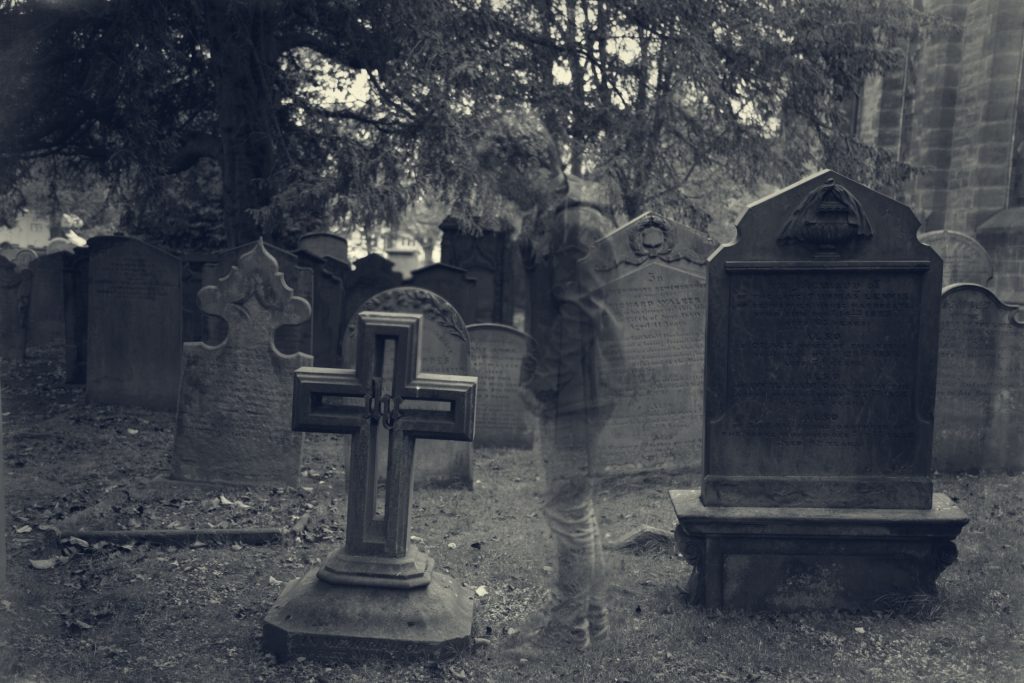
Chris Butler’s nihilistic pieces offer humorous responses to death. Kendall Snipper reflects on how our bodies will ultimately decay, or transform, back into other aspects of nature.
Michael Lee Johnson’s poetic speakers are full of vibrant life and movement, yet acquiescence to their inevitable deaths.
Boronova Sevinch reflects on her grief over nearly losing her Mom.
Robiul Awal Esa presents a tale of death at the hands of human cruelty, which cannot be undone even with clever poetic (musical?) justice.
Stagnation, being unable to move beyond an unpleasant status quo, is another cause of grief.
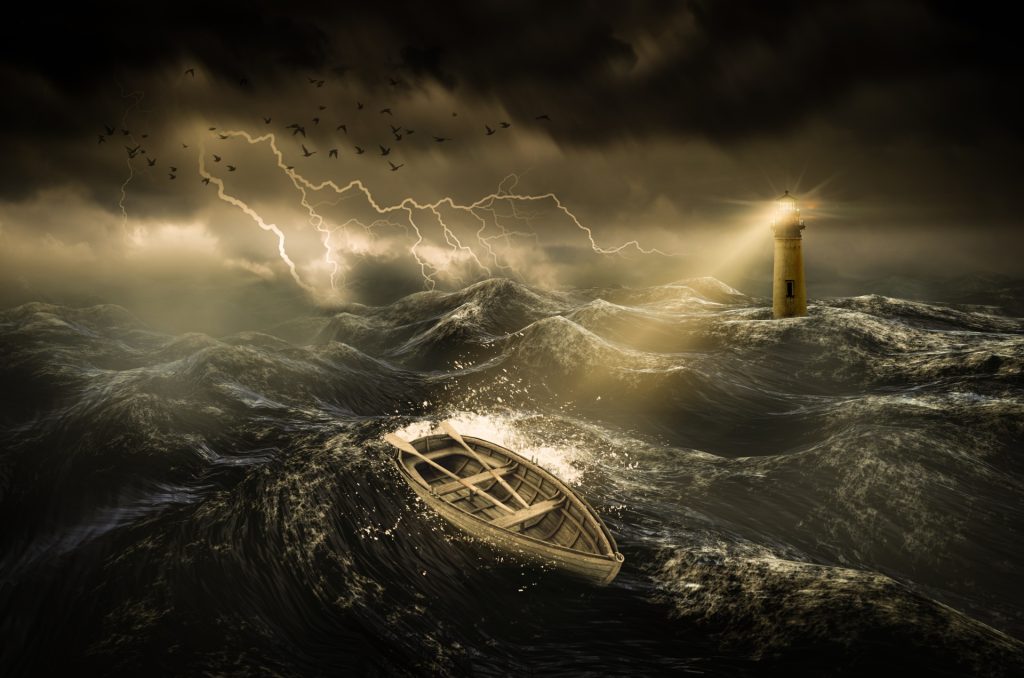
Arikewusola Abdul Awal highlights the grief of a young man trapped by tradition.
Combat veteran and poet Steven Croft writes of memories stirred by Putin’s long war in Ukraine. His work shows how war ages people and can become more than we can handle psychologically. Bruce Roberts also speaks to the absurdity of armed conflict through rhyming pieces about the Russian invasion.
Pat Doyne comments on the tragedy of gun violence in the USA.
Ibn Yushau remembers a sister shunned by her family for her choice of husband.
Clive Gresswell conveys stuck-ness in the face of physical and political realities through surrealist stylized poems meant to evoke feelings.
Z.I. Mahmud explicates the social satire of Gulliver’s Travels, lampooning human foibles that have lasted centuries.
J.J. Campbell relates his discomfort at being faced with reality, whether from potential partners on dating sites or from silent medical office waiting rooms.
Ian Copestick gripes about sarcastic bus drivers who are unpleasant, and not open to the journey of life.
Others write about vague anxiety, alienation, or other psychological griefs. Change can be scary as well as a welcome relief.
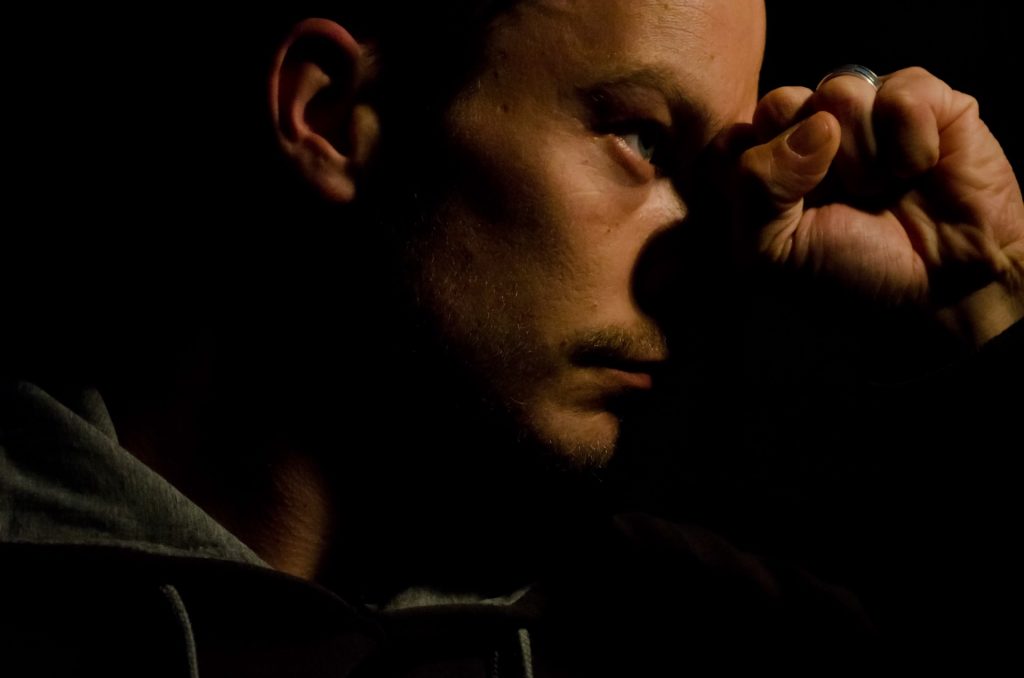
Leslie Lisbona relates a new experience that wasn’t as good as she expected.
David Kopaska-Merkel tells a clever story about an alien who returns home to a parallel but very different family life, who is out of place in both worlds.
Jahnavi Gogoi’s poems probe grief and solace and various kinds of lostness and being found again.
Azemina Krehic contributes a poetic lament for an abandoned lover.
Mesfakus Salahin’s speakers pine away for lost love and search for spiritual communion in the desert.
Texas Fontanella’s surrealist word kaleidoscope echoes modern struggles.
Sarah Daly speaks to our grief and our human efforts to overcome life’s challenges and finds poetry in everyday matters, such as showers and punctuation.
Noah Berlatsky probes Generation X’s lostness, being caught between the past and the future, between nature and technology.
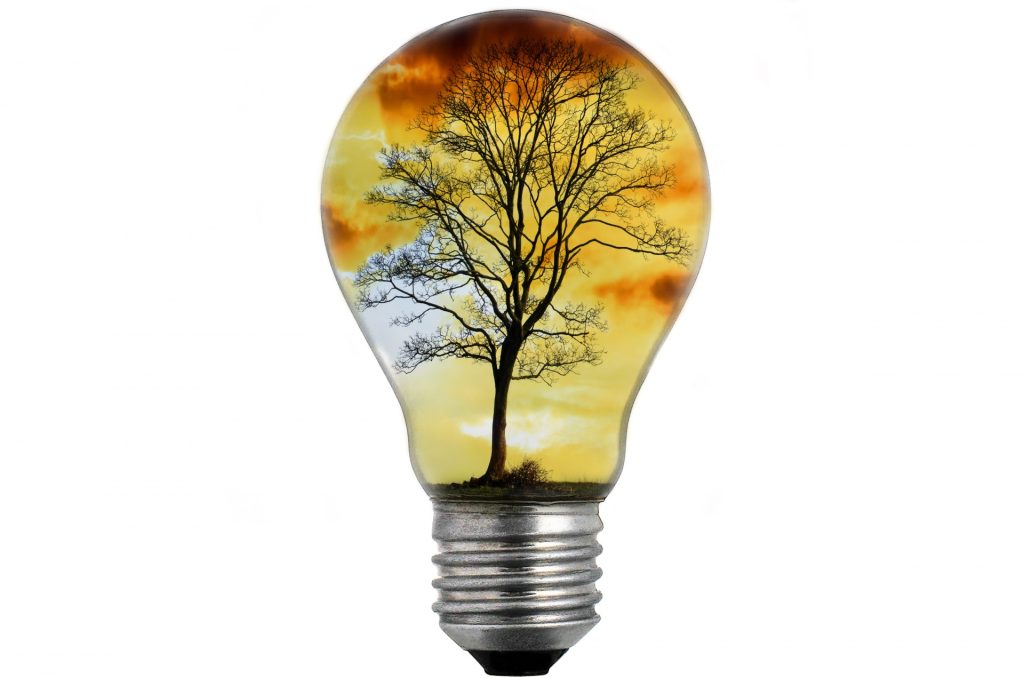
On the other hand, Steve Brisendine makes peace with memories, crafting dream sequences within Midwestern towns. Places become superimposed on each other, confused but not frightening, evoking the comfort of the past.
On another hopeful note, Peter Cherches’ poems tell stories about a man who tries to do good but gets everything wrong, yet it works out.
John Tustin asks us to consider what is important and what we should notice in our everyday lives (squirrels!), and speculates on what will become memorable.
Duane Vorhees brings a curiosity about our place in the universe to his poetry. Do we really know what we know, where do we belong in the world?
Channie Greenberg’s monthly set of photos shows towns situated within nature, belonging and growing together with the local flora and fauna in an ecosystem. Wazed Abdullah also celebrates country village life in his poem.
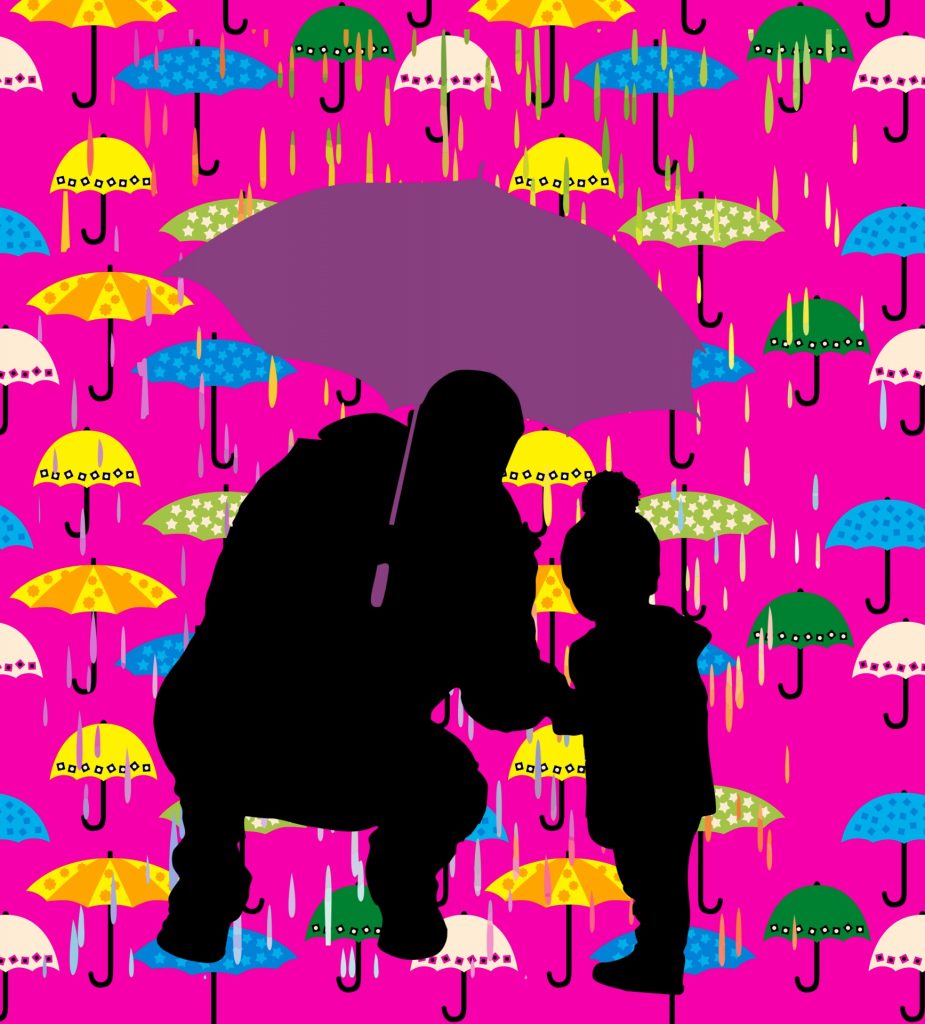
John Culp calls our attention to the emotionally and spiritually transformative journey of love, and how each step along the way is worth it.
Mahbub Alam’s paired poems explore intense moments in nature (a cyclone near the coast) and in a blissful connection between people.
Maja Milojkovic exhorts her readers to wait for true and unselfish love and to celebrate it when it occurs.
John Brantingham relates a tale of love rekindled among prehistory.
Ammanda Moore’s short story narrator remembers an experience that helped her realize how she was open to a different way of loving.
Garret Schuelke reflects on love and respect earned and bestowed after death.
Gulsevar Xojamova offers up a paean to a mother’s constant love while Feruza Abdullayeva affirms the heroism of caring parents.
Ergash Masharipov relates how her loving mother inspires her to care for her future child, while Nozima Ulo’g’uva claims there is hope for the future thanks to the young and the mothers who raised them.
Turakhanova Mumtozbegim Bunyodjon highlights the young people creating the future of Uzbekistan through increased educational opportunities.
Some of this future is shown by academic research including Guzal Sunnatova and Sohiba Rahmanova’s history of an Islamic shrine in Uzbekistan and Atajanova Ogultuwakh Makhsadowna’s exposition of Annimarie Schimmel’s scholarship on Islam that showed that women and girls were respected and important.
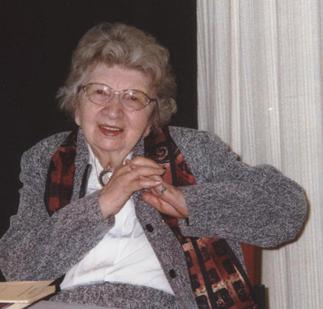
Other Uzbek writers advocate inclusion and justice. Makhsadowna also highlights women and girls’ active roles in modern Uzbekistan.
Elsewhere, in Bangladesh, Mahbub Alam describes his experience at a professional development retreat on learning how to teach foreign languages. Publishing this essay de-centralizes English, reminding readers that it’s by far not the world’s only language, and further highlights education for all ages as an avenue for personal growth and cultural interchange.
